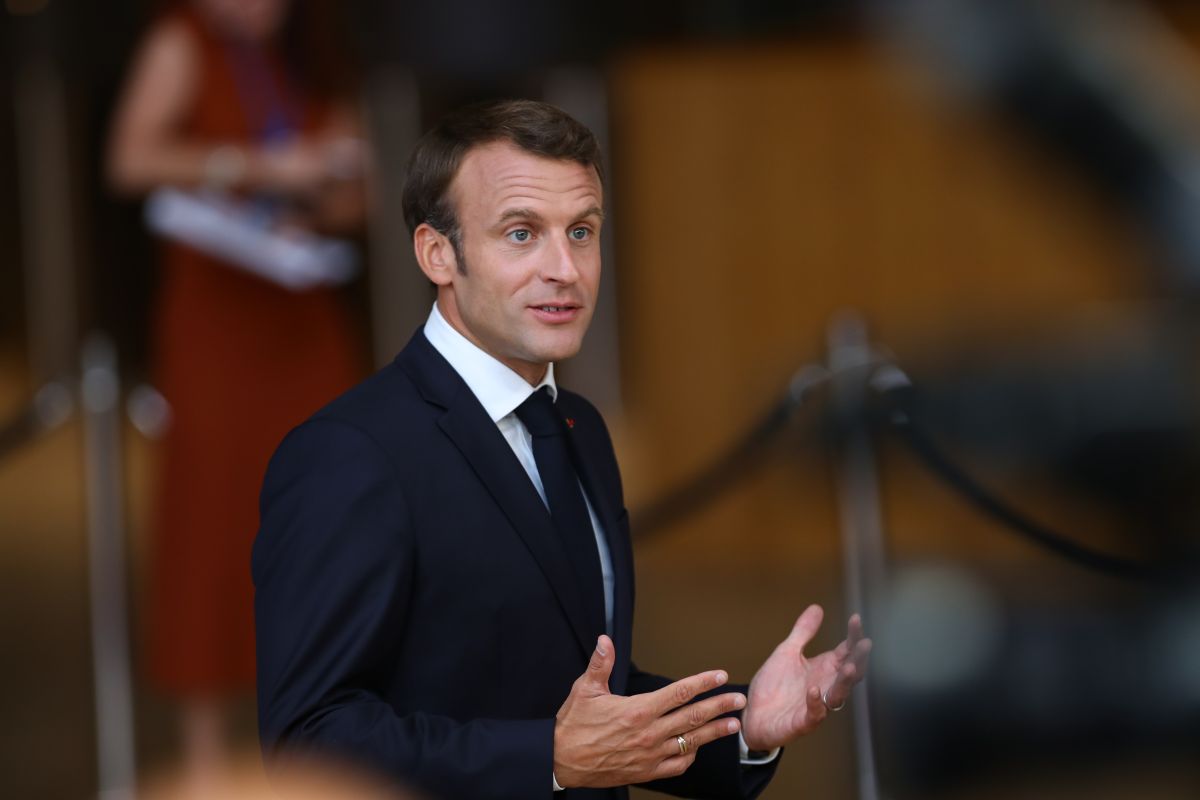French unions opposed to President Emmanuel Macron’s planned pension reforms heaped pressure on the government on Tuesday with further demonstrations and widespread strikes in public services.
Hundreds of thousands took to the streets of major cities in France, a day ahead the eve of the scheduled presentation of the reform package in detail by Prime Minister Edouard Philippe.
Advertisement
The march in the capital Paris was led by Philippe Martínez, the leader of the General Confederation of Labour (CGT) amid a high-security presence.
In some cases there were less than half of the participants on previous days, compared to 250,000 on Thursday, the unions reported 180,000 protesters in Paris on Tuesday.
Jean-Michel Blanquer, the education minister, told French radio that 12.5% of elementary school teachers observed the strike, far less than the 51% registered when the industrial action began on Thursday.
Strikes in the rail industry, with a 20% reduction in high-speed TGVs and 30% on regional trains, sparked long traffic jams on the outskirts of Paris.
Earlier in the month, thousands of people took to the street in France to protests the government’s planned overhaul of the pension system one of President Emmanuel Macron most ambitious reforms.
Prime Minister Edouard Philippe praised trade unions for keeping the protests on a tight rein, minimising the violence.
In an attempt to harness the momentum of the strike, the yellow vests, whose weekly protests have dwindled in size recently, blocked roads in several cities including the port of Le Havre on the Atlantic coast.
In November, tens of thousands of people took to streets of Paris and other French cities to protest against domestic violence, after more than 130 women are believed to have been killed by their partner or ex-partner in France this year.
The march brought together 49,000 people, according to independent study cabinet Occurrence, and 1,00,000 according to organizer Nous Toutes, which also gave the figure of 1,50,000 protesters throughout France.
The march, which covered the main avenues in Paris, also had the support of most national unions and leftist parties, with famous faces, such as actresses Léa Drucker and Julie Gayet, and Vincent Trintignant the brother of actress Marie Trintignant who was beaten to death by her partner in 2003.
(With inputs from agency)











